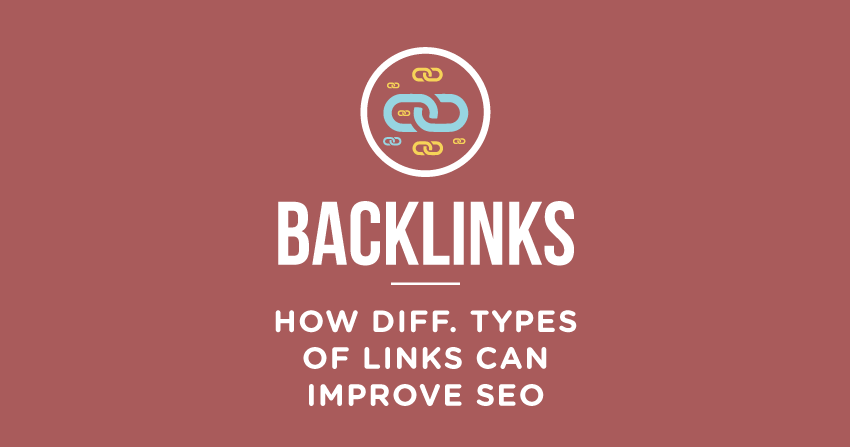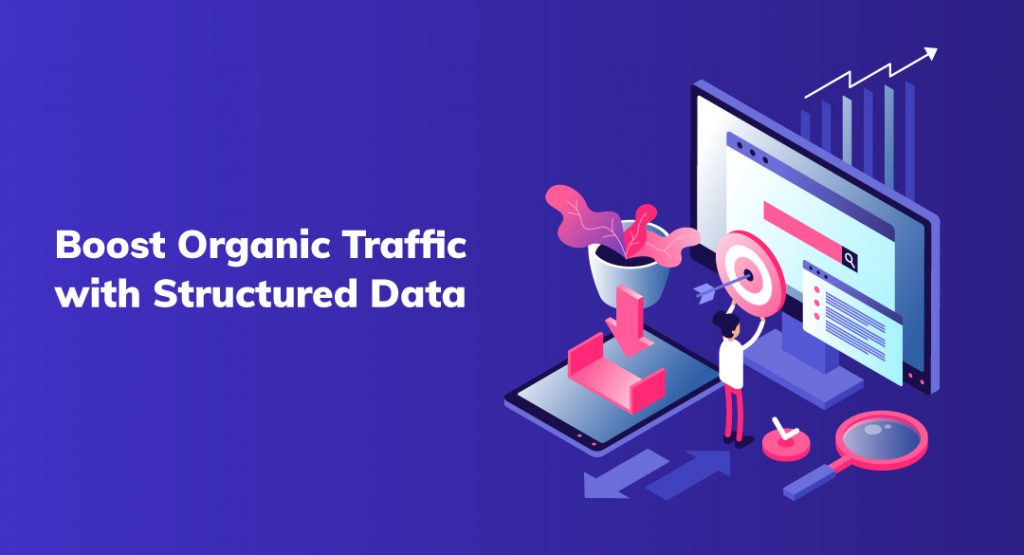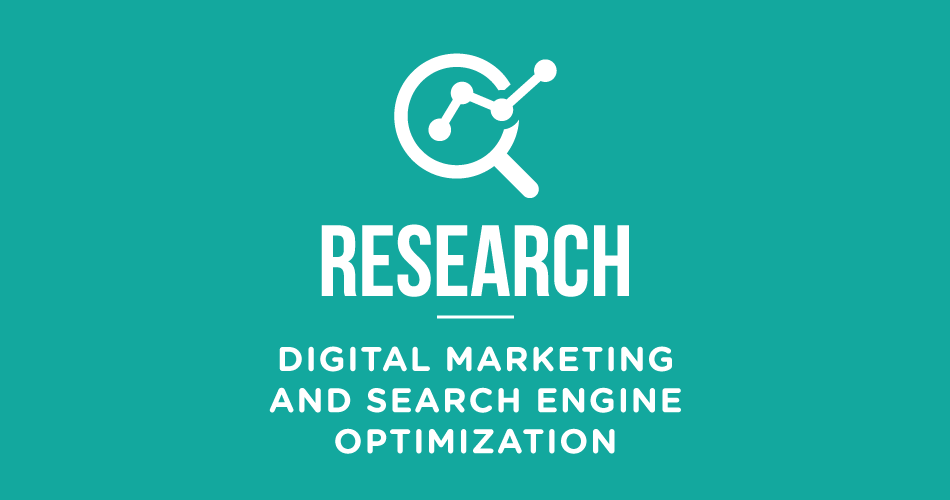If you’ve ever had anything to do with the online marketing strategy of your company, chances are you’ve heard of search engine optimization (SEO). From a company owner perspective, you should know the two types of SEO that can help you attract more customers: organic SEO and local SEO.
Organic SEO refers to a strategy that results in your website ranking higher in the search engine results pages (SERPs) regardless of where the initial query came from. Local SEO offers a more specialized strategy that focuses on local customers and local search results.
What is Local Search Engine Optimization
The biggest difference between local SEO and organic SEO is the geographical component. Search engines know that when you’re searching for something and you add a geographical term, such as the name of a city or area, you’re trying to find results that are close to your location. Even if you don’t include a geographical component into your query, depending on the keywords that you use, search engines will show you local results as well. These are usually the top results that appear on SERPs (search engine results pages).
Moreover, every time your query contains a geographical component, the SERPs will be populated with localized organic results. If you were to search for “pizza delivery London” or “plumbing services New York”, the results would all be local. The first 3 results are usually called the “local pack”. Ranking here is harder than on the rest of the page because the competition is more fierce. Besides competition, according to an annual Moz report, the ranking factors for both the local pack and the localized organic results are the same. The only difference is the weight each factor has for ranking.
To dominate the local search engine optimization game you should:
- add new and edit existing title and meta tags
- list your business in online directories
- claim and optimize your Google My Business page
- gather as many online reviews as possible
- implement a schema markup
What is Organic Search Engine Optimization
On the other hand, organic search refers to queries that show no local intent. Searching for “fast pizza recipes” or “how to change a pipe” would not bring out local results. This happens when you’re searching for information, rather than location. This doesn’t always apply, as there are companies that offer services or products through various shipping methods.
Regardless, if a search engine doesn’t see local intent in someone’s query, it won’t populate the SERPs with local results. The 3 companies that rank in the local pack might still be present on the SERPs but the rest of the results are organic.
Optimizing your website for organic search means you should:
- analyze your target keywords
- do a complete on-page optimization (links, tags, multimedia files, loading speeds, etc)
- create and post relevant content on a regular basis
- entice high-quality backlinks
- never stop the optimization process
Which One Do You Need?
The answer to this question is pretty simple. If you have a storefront, you need to invest in local search engine optimization. It doesn’t matter if you’re selling services or products as long as the customer needs to walk to your office or shop in order to receive their purchase. If your online presence isn’t strong enough and your website isn’t optimized for local search, you could be losing hundreds of potential customers every day. Research shows that more than 50% of local queries result into a store visit within 24 hours of the initial query.
On the other hand, if you don’t have a physical location, investing in organic search engine optimization would be the better choice. Furthermore, depending on the niche your company is active in, the competition might be higher or lower. Running the right organic SEO campaign could put you in front of your competition easily. Billions of queries are processed by search engines on a daily basis. Having your website rank on the first page of the SERPs is crucial to attracting as many potential customers as possible.
Should You Invest In Both?
This depends solely on the type of company that you have. Most companies today offer a combination of online purchases and physical locations to their customers. The combination of local and organic SEO will benefit your business. When you invest in local SEO, more people will find your storefront. When you invest in organic SEO, more people will discover your general website. Moreover, you’ll want to rank both locally and organically if you are running a company blog. Having a blog where you post constant updates is actually recommended for all companies.
Regardless of the SEO strategy that you invest in, your company will still have to be relevant for the query at hand. The bottom line is that you should primarily invest in the type of SEO that directly affects your company right now. If you’re looking for more local customers, local SEO is the right choice. If you’re looking for more online customers, you should opt for organic search.















